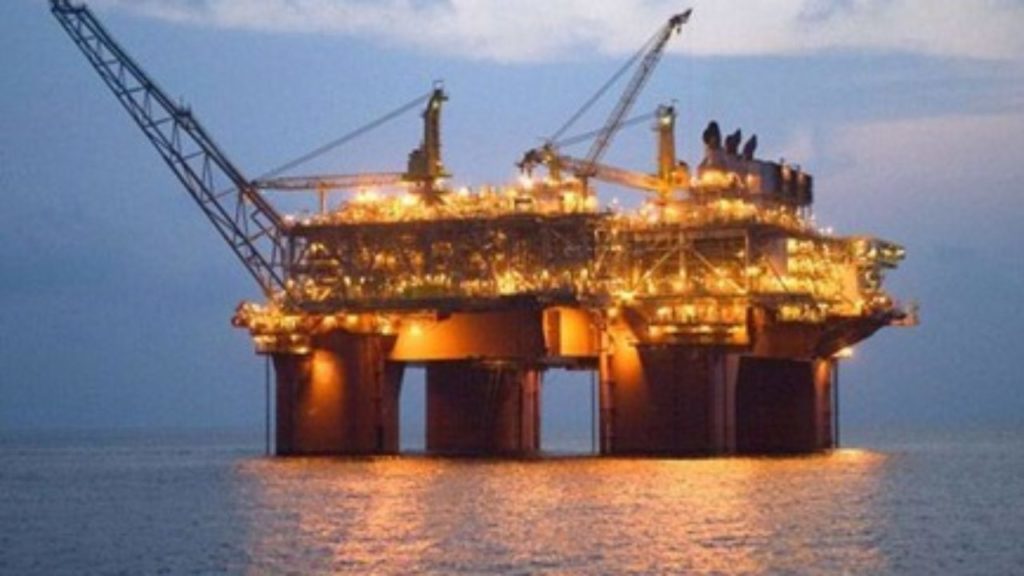17,000 ONGC Officers Oppose Privatization Of Biggest Oil Reserves: Find Out Why?

The latest development reveals that the officers union of the company has given a strong resistance to the petroleum ministry’s proposal to give away ONGC’s biggest oil and gas fields to foreign companies.
Empowering ONGC Instead Of Giving Away
According to them, the government should empower and give the company a level-playing field rather than giving away its prime assets to the private sector on a platter.
Earlier, the Association of Scientific & Technical Offices of ONGC petitioned Oil Minister Hardeep Singh Puri in regards to a proposal put by Amar Nath, additional secretary (exploration) in the Ministry of Petroleum and Natural Gas.
The proposal was for giving away 60 percent stake and operatorship of Mumbai High and Bassein & Satellite (B&S) offshore assets to international partners for raising output.
Alignment With Government’s Objective
Basically, the company and its employees are completely aligned with the government’s objective of raising domestic production to cut imports.
But, for doing so, ONGC should be given the same fiscal and regulatory regime as the private sector enjoys for exploring and producing oil and gas according to the union representing ONGC’s 17,000 officers.
On November 11, it wrote that the government dictated below market price gas price fixation for ONGC fields, it should be reviewed to make a production from smaller and remote fields viable, to Puri.
Apart from this, ONGC should be given the freedom to market small pools of natural gas which in the present price regime are unviable.
In addition to that, the statutory clearances and authorities for ONGC need to be optimized and procedural aspects rejigged to help the firm take faster decisions.
Urge To Government
Further, the union wrote that farming out a stake in “existing fields shall not yield the desired results of enhancing domestic production, instead, it will provide a level playing field and empower ONGC to further enhance productivity,”.
Adding that “We would therefore request you that handing over producing fields on a platter to the private operator will not be successful and therefore, in our opinion, should not be pursued,”.
According to the Union, the exploration of oil and gas is a highly risky endeavor, where very few like to participate.
“This is evident from the tepid response to the bids invited under OALP (bid rounds), where only ONGC and to some extent OIL are the only bidders.”
It seems that private and foreign operators are unwilling to take the risk of investing millions of dollars in surveying and drilling wells to establish reserves.
Instead, they want to enter into established fields.
The union said, “the private operators most probably are giving priority to commercial aspects, the prevailing business climate and therefore may not be taking the risk that ONGC is willing to take,”.
ONGC has been consistently drilling more than 100 exploratory wells every year even when the international crude prices had hit an all-time low as per the data of the last 3 years.
It seems that most of the international and private E&P companies had stopped their exploratory plans during the low price regime. It had drastically reduced their development investments.
During such times, “ONGC, bucked the trend and continued to aggressively invest in exploration and development activities,”.
The private exploration and production (E&P) companies have been very quick to give up fields with falling commercial returns, the union wrote.

Comments are closed, but trackbacks and pingbacks are open.